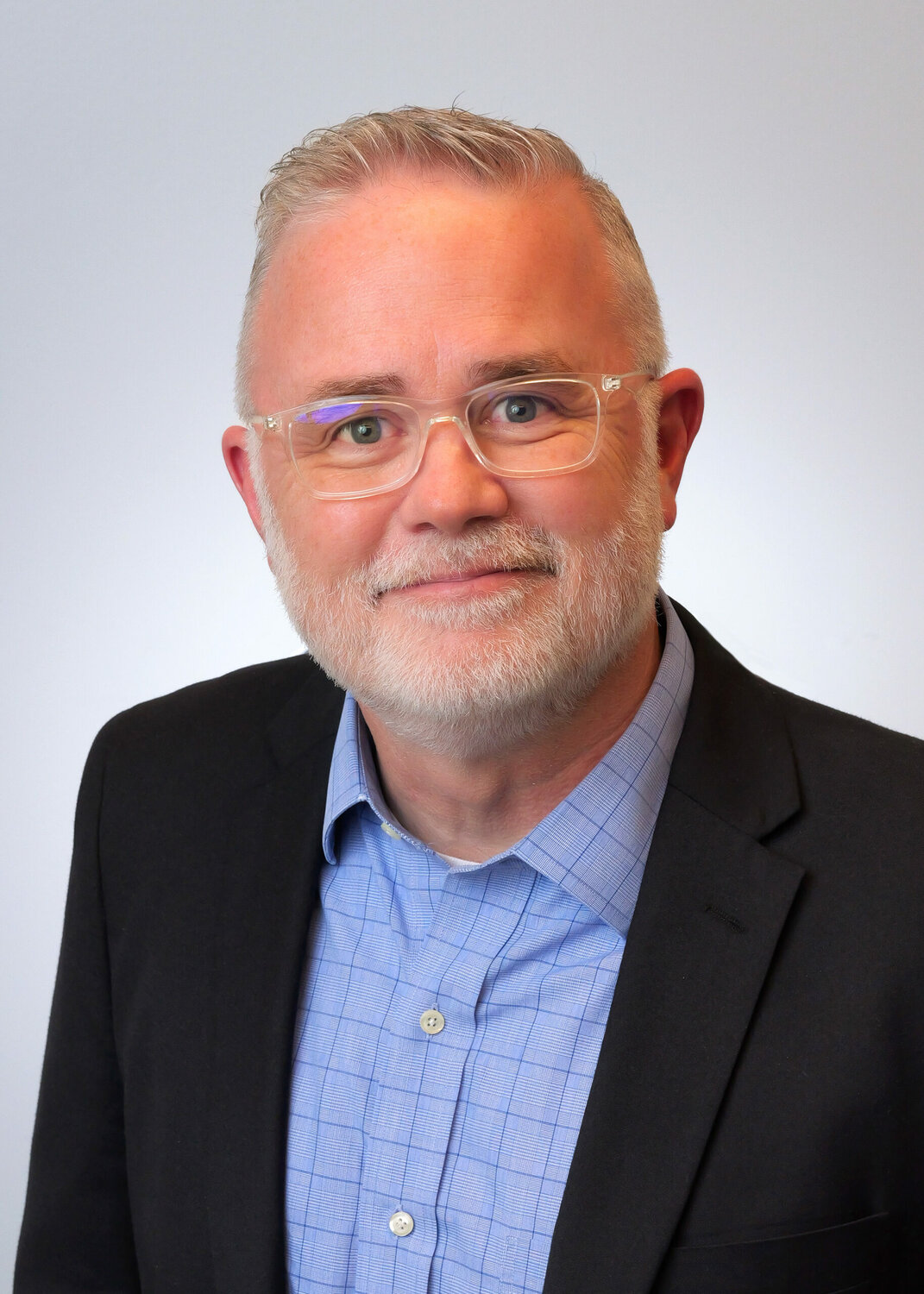OPINION: Discerning beyond personalities in election
Likeability and personality may get you the job, but it doesn’t necessarily get the job done. This is true in all organizational leadership positions, and the 2024 American presidential campaign is currently Exhibit A. Unfortunately, both major races seem to be running on the rails of personality—eclipsing important policy matters.
With both the Republican National Convention and the Democratic National Convention behind us, we now know the two presidential candidates. Donald J. Trump and his running mate, Ohio Senator J.D. Vance are running against Vice President Kamala Harris and her Vice-Presidential running mate, Minnesota Governor Tim Walz.
Both candidates have big personalities. Kamala Harris has ridden a wave of political popularity after the Democratic Party kicked President Joe Biden to the curb. While Trump has the mean guy persona with the orange skin, yellow hair and red tie, Harris has the big laugh and seems to connect with many of the younger generation. Kamala is seen as one of the “cool kids,” and images of her dancing among friendly crowds show her popularity among many. Walz, a former social studies teacher and football coach who is fond of telling stories and is being touted as grandfatherly has a big and energetic personality.
Harris smiles more than Trump. She laughs more than Trump. Her speech is more conversational than Trump. She is younger than Trump. For these reasons and more, some find Kamala Harris higher on the likeability scale.
In recent decades, though, likeability hasn’t resulted in the candidate being elected President. In the 1968 election, former Senator and Vice President Hubert Humphreys received the Democratic nomination for president. People liked him, but voters did not like his liberalism. In the end, they chose Richard Nixon. Four years later the Democrats put forward another big personality—George McGovern, a military hero who was extremely likeable. At the voting booths, though, Americans chose the incumbent President in a landslide election. While they liked McGovern, they didn’t like his politics. They were simply too liberal. The same thing happened again in 1984. Walter Mondale, a midwestern American was placed on the Democratic ticket only to lose in a landslide election to incumbent Ronald Reagan. As we conclude 2024, it will be interesting to see how the Democratic strategy of placing eggs in the Kamala Harris personality basket will work.
In Philadelphia where she announced her running-mate, Harris said “We fight for a future where we defend our most fundamental freedoms, the freedom to vote, the freedom to be safe from gun violence, the freedom to love who you love openly and with pride, and the freedom of a woman to make decisions about her own body.”
Her conflation of historic constitutional rights with what is claimed as “the freedom to love who you love openly and with pride” and “the freedom of a woman to make decisions about her own body” might be good for her popularity among some, but they are bad politics. They are bad politics because they are misguided and dangerous.
Harris talks in a winsome way about things like the future, hope, democracy, and America. No one is against the future, hope, democracy, and America, but specifics related to policies and how a Harris administration would govern are almost non-existent. Her lack of a non-scripted, stand-alone interview since her questionable assumption to the top of the Democratic ticket seems to be reflective of her campaign which is rooted in personality. Her use of vague campaign language is just one tactic as she runs a campaign which is seemingly devoid of policy. Let us remember the words of theologian John Calvin— “Ambiguity is the fortress of heretics.”
The beauty of the American voting process is that each person is able to make his own decision and cast his vote. Kamala Harris and Donald J Trump, Jr. are the primary candidates. Cornel West, Jill Stein and Chase Oliver are Independent and third-party candidates. We also have the ability to write-in a candidate. Regardless of the choice each of us makes, and while many of us quite frankly do not care for either of the two primary options in front of us, the questions for us are not ones of personality, but of policy.
Todd E. Brady serves as Staff Chaplain and Advanced Funeral Planner at Arrington Funeral Directors. He and his wife, Amy have five sons. You may write to him at tbrady@afgemail.net.






